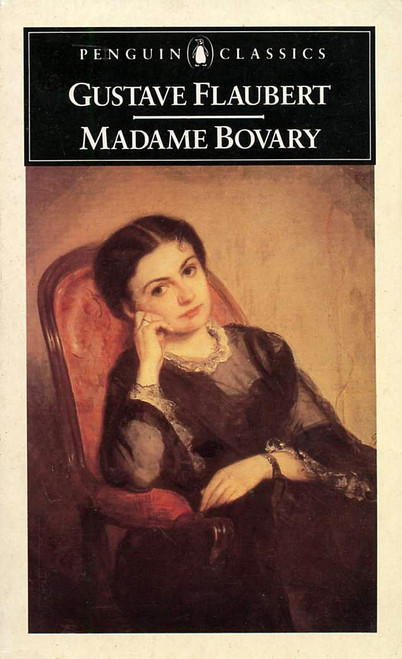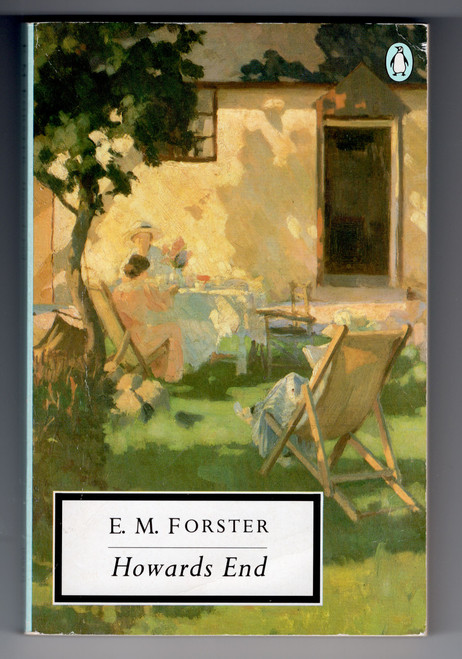With Madame Bovary (1857) Flaubert established the realistic novel in France. Yet he always refused to ally himself with any literary movement, devoting himself in splendid isolation to his art, with that intense concern for stylistic perfection which has made him a legendary figure among novelists.
The central character of Madame Bovary is the bored wife of a provincial doctor, whose desires and illusions are inevitably shattered when reality catches up with her. Flaubert vents his profound contempt for the bourgeois mentality, but betrays a certain sympathy for the human frailty of Emma Bovary. She remains one of the great creations of modern literature.
Translated by Alan Russell
About the Author
Gustave Flaubert was born in Rouen in 1821, the son of a prominent physician. A solitary child, he was attracted to literature at an early age, and after his recovery from a nervous breakdown suffered while a law student, he turned his total energies to writing. Aside from journeys to the Near East, Greece, Italy, and North Africa, and a stormy liaison with the poetess Louise Colet, his life was dedicated to the practice of his art. The form of his work was marked by intense aesthetic scrupulousness and passionate pursuit of le mot juste; its content alternately reflected scorn for French bourgeois society and a romantic taste for exotic historical subject matter. The success of Madame Bovary (1857) was ensured by government prosecution for “immorality”; Salammbô (1862) and The Sentimental Education (1869) received a cool public reception; not until the publication of Three Tales (1877) was his genius popularly acknowledged. Among fellow writers, however, his reputation was supreme. His circle of friends included Turgenev and the Goncourt brothers, while the young Guy de Maupassant underwent an arduous literary apprenticeship under his direction. Increasing personal isolation and financial insecurity troubled his last years. His final bitterness and disillusion were vividly evidenced in the savagely satiric Bouvard and Pécuchet, left unfinished at his death in 1880.







